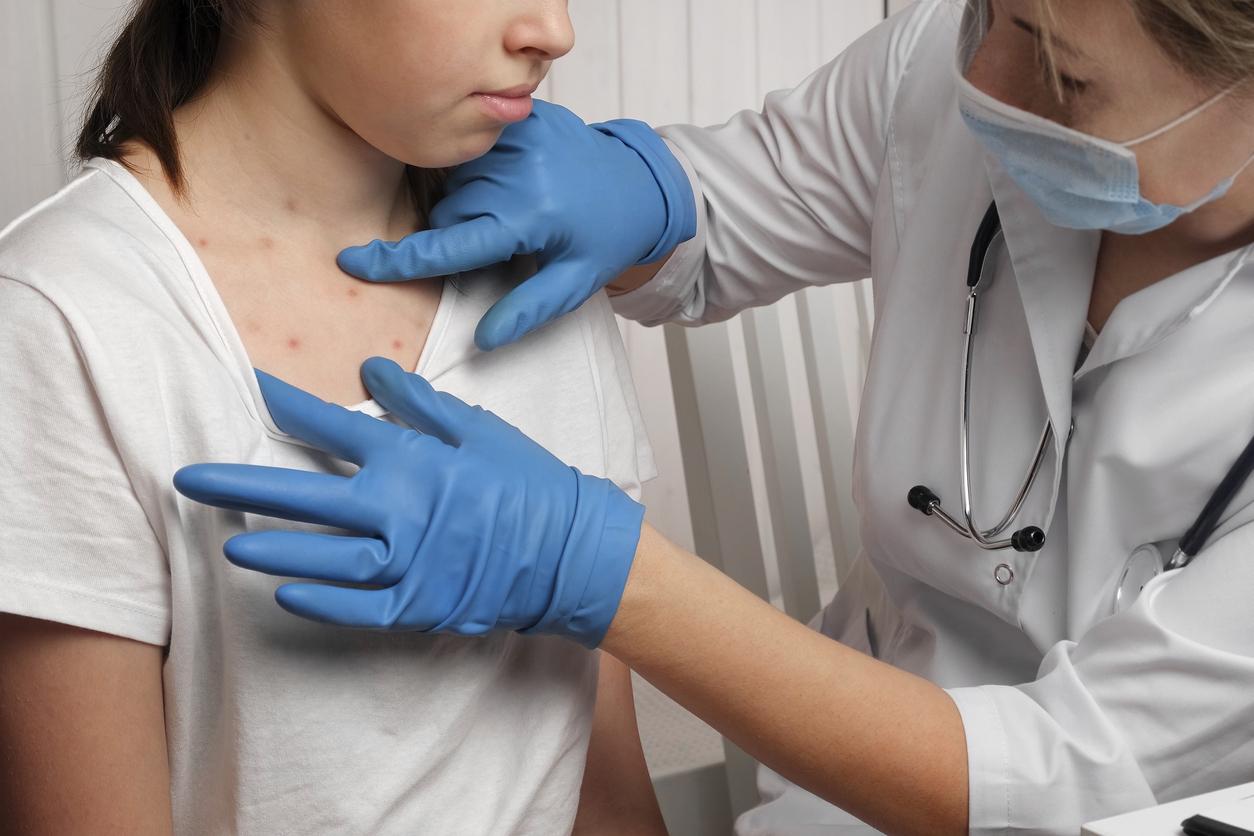Immunotherapy is raising great hopes among those battling cervical cancer.

- For many years, therapeutic strategies for combating cervical cancer have been based on surgery, radiotherapy and chemotherapy.
- “Nevertheless, research is progressing in this area, with immunotherapy set to change the situation,” says the East Paris cancer center.
- As part of cancer treatment, immunotherapy uses a natural mechanism of the human body: the immune system.
Every year in France, 3,000 women are diagnosed with cervical cancer and 1,000 die from it. Very committed to the fight against this disease, the cancer center of eastern Paris takes stock of existing and developing treatments.
For many years, therapeutic strategies for combating cervical cancer have been based on surgery, radiotherapy and chemotherapy. “Nevertheless, research is progressing in this area, with immunotherapy set to change the game,” rejoices the cancer center of eastern Paris.
To go in this direction, “The East Paris Cancer Center is participating in clinical trials whose objective is to set up, for patients suffering from cervical cancer, therapeutic protocols based on immunotherapy that promise to save many women in the future,” he adds.
Cervical cancer: how does immunotherapy work?
As part of cancer treatment, immunotherapy uses a natural mechanism of the human body: the immune system. “The body’s defenses, as we have recently understood, are blocked by cancer cells which deactivate a T lymphocyte receptor (“T” for “Killer”). By restoring the activity of this receptor, we lift the blockage of the Killer lymphocytes which then destroy the tumor,” detail the experts.
“If treatment is offered at an early stage of cervical cancer (which develops silently for a long time), the prognosis is good,” they also recall. “However, the picture is much bleaker when the lymph nodes are affected and metastases (particularly visceral) have developed,” they continue.

Cervical cancer: what about vaccination and screening?
The majority of cervical cancers develop from lesions caused by certain strains of a sexually transmitted virus: the Human Papilloma Virus (or HPV). “By fighting this virus, we can significantly reduce the prevalence of cervical cancer. Thus, in France, vaccination against HPV infections is part of the vaccination schedule recommendations for girls and boys,” indicate the specialists.
Screening for cervical lesions concerns all women aged 25 to 65. “From the age of 30, the search for the virus on cervical cells (HPV test) is now carried out. More effective for these women, this test allows for appropriate monitoring, including a painless cervical examination using dyes: colposcopy.”they conclude.

















